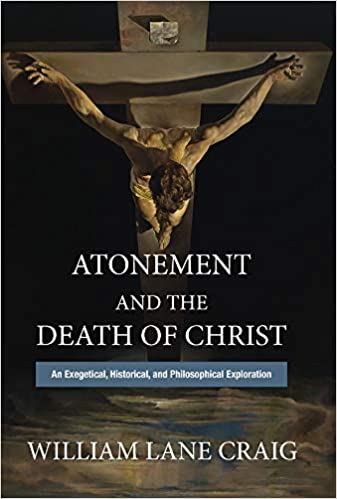Q. Heb. 9.26 says that Christ ‘removed sin by the sacrifice of himself’. Now I would take that to mean that he removed the guilt of the sinner, since sin itself is not a substance but rather involves acts and attitudes. Sometimes I think we wrongly treat sin as like some kind of substance, or disease that could be taken from a person and applied to an animal or to Christ himself as if the phrase ‘he bore the sins of many’ refers to his bearing actual sins on the cross, rather than bearing the guilt and punishment for sins for us. Comments?
A. I agree that the reference is to the guilt incurred by wrongdoing, not to the acts of wrongdoing themselves. Acts in the past cannot be undone, even by time travel, but the guilt of wrongful acts can be undone by a divine pardon. Similarly, the imputation of our sins to Christ is the imputation of our guilt to Christ, not the acts of wrongdoing.
Q. I absolutely agree with you that Christ’s atonement involves both propitiation and expiation, because the problem from the divine side of the equation is that God’s wrath has to be appeased or dealt with. If it is not, God ceases to be a just and righteous God, if he forgives sin without dealing with the justice issue and his own righteous character. There can be no expiation sanctioned by the Biblical God of righteousness if there is not in the first place also propitiation. I suspect that many of the twentieth century presentations in regard to atonement which leave propitiation out of the equation, reflect distaste or even disagreement with the notion of the wrath of God against sin, which is seen as somehow incompatible with the love of God for the sinner, and the atoning for his sin by Christ. Comments?
A. One of the lasting legacies of nineteenth century liberal theology is the widespread conviction that while man needs to be reconciled to God, God does not need to be reconciled to man. But while it is true that “reconciliation” is never used with “God” as its object in the NT, the fact remains that the wrath of God described in Rom 1-3 is a problem that must be resolved in order for salvation to be possible. The solution is to be found in Christ’s death, which satisfies the demands of divine justice and so allays God’s wrath. I think that the notion of God’s wrath can be made more palatable by understanding it as the personal expression of God’s absolute justice.













